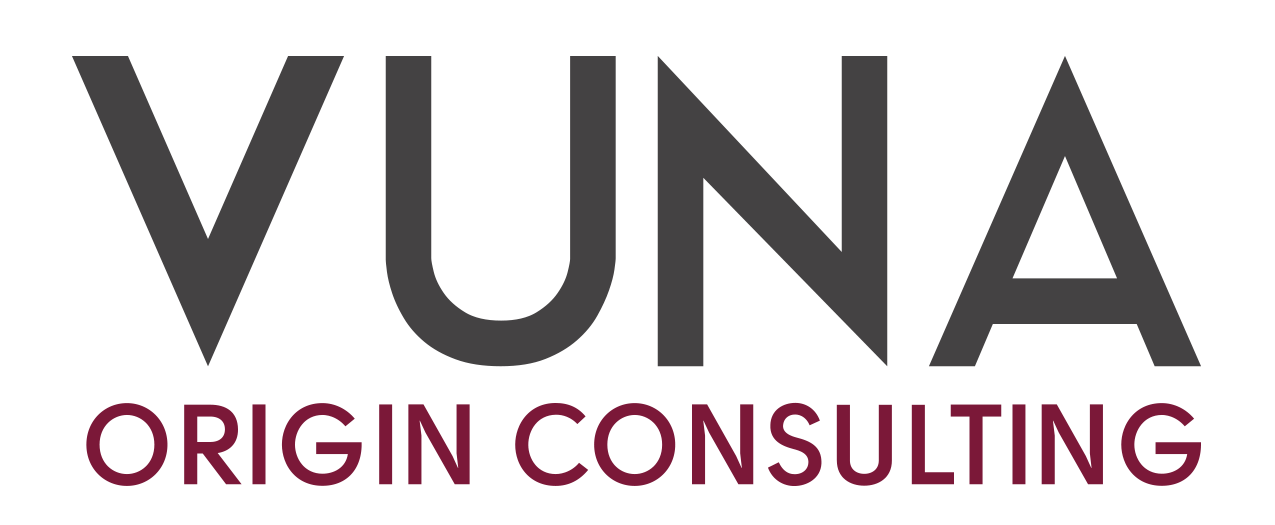Green coffee sourcing: where quality beans meet ethical missions
Green coffee sourcing transcends the pursuit of quality beans. It's about nurturing direct relationships, upholding social responsibility, and championing environmental stewardship. But what about navigating politically turbulent territories?
Use cases from Myanmar and Uganda
Consider Myanmar and Uganda, embroiled in controversies surrounding human rights, affecting vulnerable communities such as the Rohingya Muslims and LGBTQ+. In the past, hesitation led to severed ties and contract cancellations for roasters and importers.
How to navigate in political sensitive regions?
But there's a better way. Here are 5 tips for ethical sourcing in politically sensitive regions:
1. Seek Partners with Shared Values: Forge relationships with supply chain partners who share your values and commit to a shared code of conduct.
2. Follow the Money: Understand how your investments impact government agencies vs. producer organizations and the farmers whose livelihoods depend on your support.
3. Engage Institutions, Not Just Individuals: Advocate through institutional channels within the coffee sector.
4. Empower Local Communities: Support local communities in their efforts to drive positive social change in their countries.
5. Respect Cultural Differences: Uphold human rights while avoiding the imposition of a moral compass, mindful of the legacies of white colonialism and cultural imperialism.
What other strategies do you recommend for ethical sourcing in politically complex territories?
Share your insights and join the conversation!

